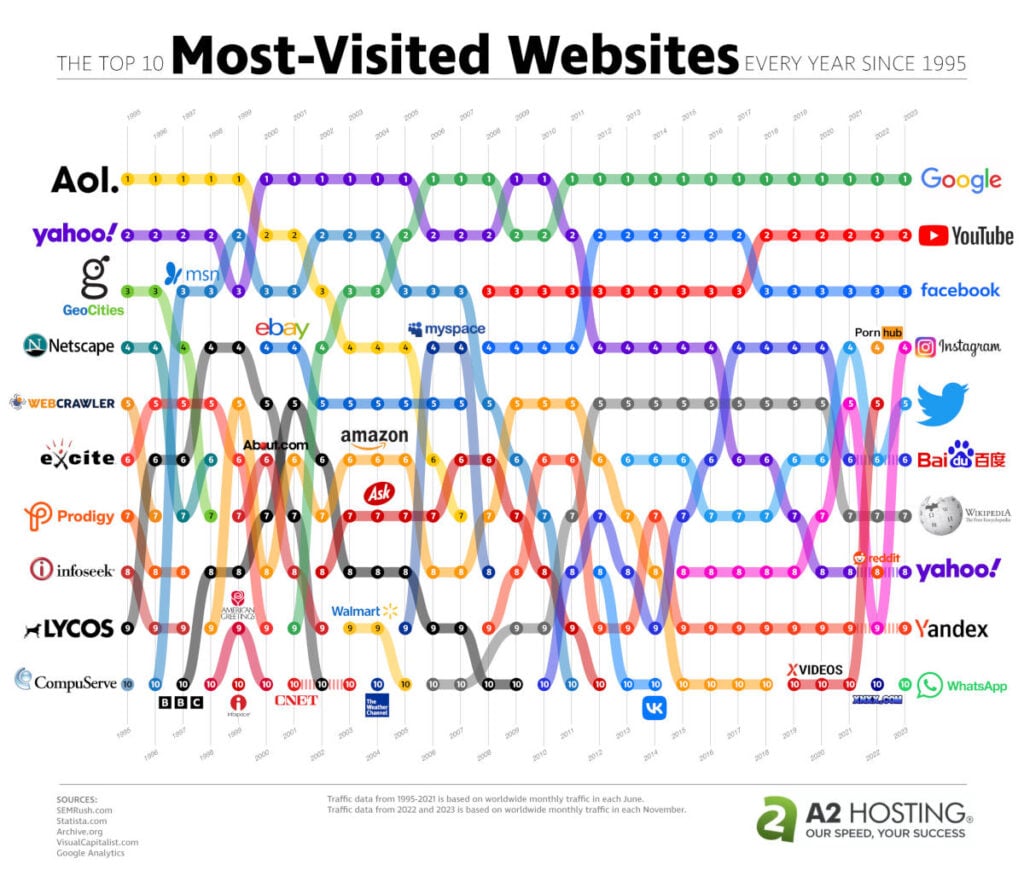- Featured
- How It's WorkingIs FTP Secure? The Complete Breakdown of FTP Hosting and If It’s Right for You

Putting Your Business Online Security & SSL | June 29, 2022
What Is a CSS Framework? (And When to Use 6 Popular Options)
Business / Corporation HTML & CSS Upgrading Your Site Web Designer / Developer | March 08, 2022
How to Protect Your Website With cPanel (7 Essential Tips)
Agency Business / Corporation cPanel Online Retailer Securing Your Site Web Designer / Developer | February 25, 2022
- Q4 Series
- What You're UsingBuild a WordPress Site in 3 Easy Steps

Blogger Featured Kickstarting Your Blog Personal Website Small Business What's New At A2 WordPress | February 16, 2024
Switching to cPanel’s Jupiter Theme
Web Designer / Developer What's New At A2 WordPress | July 14, 2022
- What's New At A2
- Where You're AtBuild a WordPress Site in 3 Easy Steps

Blogger Featured Kickstarting Your Blog Personal Website Small Business What's New At A2 WordPress | February 16, 2024
Why Should I Use Node.js?
Optimizing Your Site Speed Upgrading Your Site Web Designer / Developer | July 11, 2022
Is FTP Secure? The Complete Breakdown of FTP Hosting and If It’s Right for You
Putting Your Business Online Security & SSL | June 29, 2022
- Who You AreBuild a WordPress Site in 3 Easy Steps

Blogger Featured Kickstarting Your Blog Personal Website Small Business What's New At A2 WordPress | February 16, 2024
Switching to cPanel’s Jupiter Theme
Web Designer / Developer What's New At A2 WordPress | July 14, 2022
Why Should I Use Node.js?
Optimizing Your Site Speed Upgrading Your Site Web Designer / Developer | July 11, 2022












